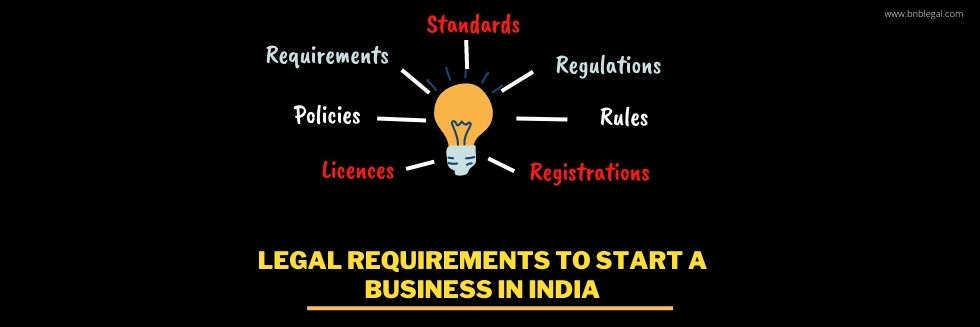Franchising is a process in which franchisor expands its unique business, by giving another person (franchisee) the right to use established business model in some other location in the country for a definite period of time in consideration of some fees.
It is a special kind of licensing agreement where the right to use the established business model is supported by a license which enables the franchisee to use the intellectual property connected with the business.
Though there is no specific legislation in India dealing with the franchise. But Chapter 5 of the Finance Act, 1999 defines Franchise as an agreement by which the franchisee is given legal representation to sell goods or provide service or undertake any process identified with the franchisor.
PARTIES INVOLVED IN THE FRANCHISE
In a franchise agreement, a minimum of 2 parties are involved which are as below-
a) The Franchisor who lends his established business.
b) The Franchisee pays reasonable fees for carrying out operations under the name of Franchisor.
PHASES OF A FRANCHISE AGREEMENT
The above process can be prescribed as below-
a) Preparation of an agreement
b) Forming a Franchise agreement
c) Management of a franchise agreement
d) Termination of the agreement
VARIOUS TYPES OF FRANCHISE AGREEMENT
- One type is on the basis of the format of the franchise agreement.
- And another one is on the basis of the control over the franchisee.
The first type i.e. format of franchise agreement includes the following: –
- Product franchise
Under this, the franchisor produces the product and the product is ultimately sold by the franchisee to a customer. E.g.- petrol. - Manufacturing, Processing, and the Product franchise
Under this franchisor supplies essential ingredient to the franchisee and franchisee process the product. E.g. coca cola - Business format type of franchisee.
The second type includes the following:
- Direct type of franchising
- Master franchise kind of agreement
- International Franchising
LAWS THAT ARE APPLICABLE TO THE FRANCHISING AGREEMENT
As previously stated, there is no specific legislation dealing with the franchise. In this view, the franchise agreement is governed by multiple legislation which effects relation between the franchisor and the franchisee.
LAWS INVOLVING FRANCHISE DISCLOSURE LAW
Disclosure and registration requirements take place before a franchise agreement is entered into.
Disclosure laws
In some countries, it is mandatory for the franchisor to give information regarding his established business to the franchisee before entering into any kind of franchising agreement. After the information has been furnished, it is incumbent upon the franchisee to study the information provided and seek expert advice if necessary
Laws relating to Registration Requirements
Many countries require documents to be registered. In such countries, a franchisor may be required to register disclosure and exhibit all documents like agreement, list of franchise owners, and financial statement with a government agency.
India does not have such specific legislation for disclosure and registration of documents. However, the Indian Telegraph Act provides for the record of the registered mark. Though the record of the same is voluntary it is always insisted that registered user is registered by filing FORM TM- 28 under Registrar, Trademark.
LAWS BASED ON AFTER FRANCHISE AGREEMENT
It deals with laws after a franchise agreement has been formed. Most of them are discussed below-
a) Law relating to unjust termination
This law states that there should be a just cause for termination of the agreement. In cases of conviction, abandonment, and insolvency, no opportunity of being heard be given.
b) Laws Relating to Anti – Competition
It is harmful to society if an anti-competition agreement is formed. So the same shall be avoided.
c) Laws relating to Other practices









